Did your Irish Ancestor Live Through this terrible time?
Ever wondered about the stories and trials your Irish ancestor might have faced during the great famine? As I delved into the resilience and hardships of my own O'Regan lineage, it made me reflect on the untold tales each of our ancestors might hold.
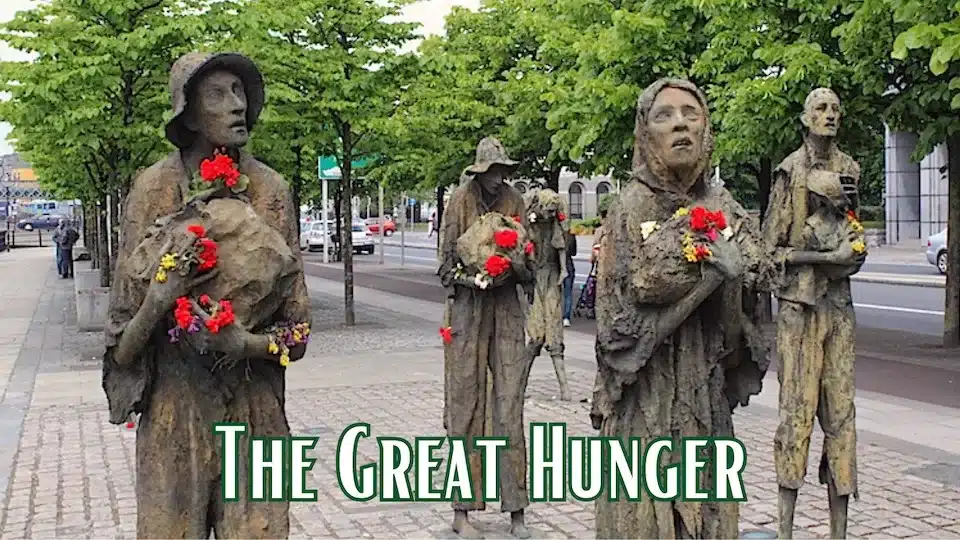
Nowadays, we typically learn of the past through history books and documentaries – but we still have a strong oral tradition here in Ireland. The values we hold and skills we learn are most often passed down through conversations with our parents and grandparents and are an important connection to your Irish ancestor.
Today, I’d like to chat about just how far we can jump back in history when we have an opportunity to talk with one of our grandparents.
FROM GRANDPARENT TO GRANDPARENT.
My own life and that of Mary-Ellen O’Regan – my paternal grandmother – overlapped by about 20 years. Although we shared each other’s presence during that time, she was a quiet woman who rarely spoke without a need. However, her routine, actions, hospitality and care towards others made up for her sparse use of words. The kind of person she was showed in how she went about her day.
I was looking through her family tree recently and noticed that the first 20 years of her own life also overlapped with that of her paternal grandfather – Denis O’Regan. She spent time with her grandfather – listened and observed just as I did with her. Here was a living link that brought me back all the way to Ireland of the 1820s – a time when Denis was born. Who knows what mannerisms and habits of his I have in me today because of this link?
Denis was born and lived in the townland of Kilbronogue to the west of County Cork. He lived among other O’Regan families, the majority of whom were his extended family. He married Brigid and they built their own cottage and started a family of their own close to relatives.
They married in 1846. It was the eve of “The Great Famine” in Ireland – known in the Irish language as “An Gorta Mór” (The Great Hunger).
How this terrible event shaped the lives and attitudes of my O’Regan grandmother and her grandparents I will never know. Like many other terrible things that happen in our lives it was never spoken about. I just know that it must have shaped who they were . It must have shaped who I am.
THE REAL HORROR OF THE GREAT HUNGER.
Three years ago, I came across an account of the time – written in 1847 in an attempt to raise public awareness of the catastrophe that was occurring (Ireland was part of the United Kingdom at the time). It was a difficult account to read. The writer decided to name real locations and family names to help humanise the victims and offer them some dignity. This happened to make it an even more difficult read for me.
You see, the names in the article included many O’Regan families and the setting was the townland of Kilbronogue in County Cork. They were writing about my grandmother’s grandparents and their relatives. Here are some extracts (you can find the full letter text here) :
“When we arrived at Keelbronogue we met the Roman Catholic priest of the parish, Mr. Barry; and he also kindly proposed to go with me and give me any information in his power. I asked Mr. Barry to point out to me the most distressed houses. He said, “In every direction it is all the same.”
The small group went on to visit many of the houses in the townland – helping where they could:
In the “Third house (Regan). Here I heard the groaning of a sick and (I was told) a dying man. The place was so dark I did not go in far. Eight in family; pictures of death. Two girls and a young child said they had eaten nothing all day. Mr. Barry said he had been a decent farmer.”
Nearby was the house of Phillip Regan. “He had died, and the widow was dying. Three children had died. She was awfully swelled.”
Next door was the house of Charles Regan. “Of eleven [family members] only three remaining. We had met the woman of this house on the road and she accompanied us to most of the houses. When we arrived at her cabin she said, “I have within a fine young man, of nineteen years of age, and you could carry him in the palm of your hand.” I entered, and saw a bundle of skin and bone naked, and partly wrapped up in a blanket, sitting by the fire. The mother said, “Sir, we have no sickness, but hunger.”
“I had seen enough. These houses were not all in a row, but scattered in the fields and along the roadside. I did not pass by a single house. Turning round, I said to Mr. Barry, the Roman Catholic curate, “Are the houses I see lower down as bad?” He said, “They are, Sir; and all along the place; they are in fact worse below; it is more populous; I have come from a house there, in which I saw two stretched.”
The writer then went on to make an appeal:
“I solicit free contributions of personal service from intelligent and devoted men. Money I know will be required to keep such men at work, but we want MEN now to make the money which we have work in the most effective manner for the preservation of the lives of the people.”
This was an account of just one family group in one townland in one county on the island of Ireland in 1847. This year later became known as “Black ‘47” for good reason.
Somehow, the O’Regan families of Kilbronogue survived through this terrible ordeal – but many of their family members died and still more emigrated. The population continued to decline in the area until 1970.
So, here’s to Mary-Ellen O’Regan and her family – and all the families around Ireland just like them – somehow they survived and endured. If I was to sit beside my grandmother today I would say nothing – just look her in the eye, squeeze her hand and return one of her warm smiles. She knows what she and her family has been through.
And now I know.
That’s it for this week. As always, do feel free to share your Irish ancestor, your own family surnames, places and stories.
Slán for now,
Mike.

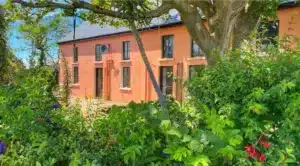
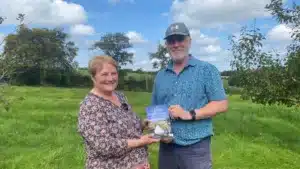
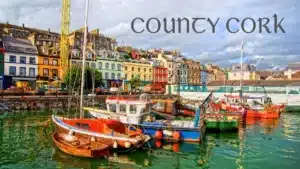
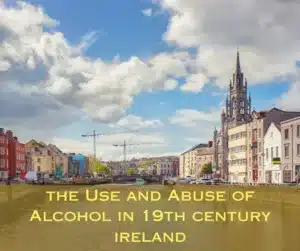
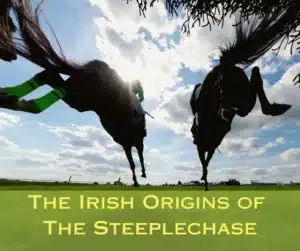
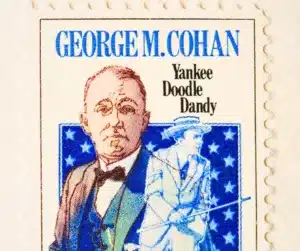
Only Plus Members can comment - Join Now
If you already have an account sign in here.